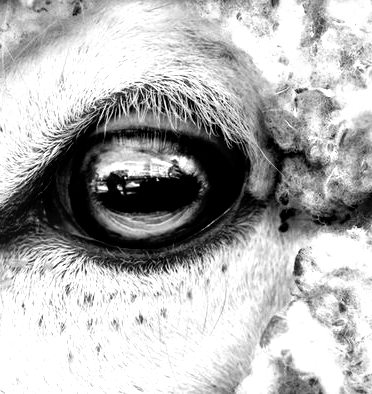Sheep tag plan forming
 The NSW and federal governments are rushing to respond to the threat of foot-and-mouth disease (FMD).
The NSW and federal governments are rushing to respond to the threat of foot-and-mouth disease (FMD).
The Federal Government has announced it will spend an extra $14 million bolstering defences against the disease that threatens to wipe out the country's farm and tourism sectors.
The new funding package includes $5 million for a technical support package for Indonesia, Timor-Leste and Papua New Guinea to manage livestock disease and $9 million to be spent on 18 new biosecurity officers at Australia’s airports and mail centres.
The government is also bringing in a coordinator for disease control in northern Australia.
Australia, Timor-Leste and Papua New Guinea are currently free from the highly contagious FMD, which affects cattle, goats, sheep and pigs. However, an outbreak that spread to Bali earlier this month has Australian authorities on high alert.
A widespread FMD outbreak in Australia is estimated to cost up to $80 billion over a decade.
Meanwhile, the NSW Government is supporting the urgent development of mandatory electronic ID tags for millions of sheep and goats to ensure any outbreak can be traced.
Australian cattle are individually tagged already, but millions of sheep and goats are only identified by mob, except in Victoria.
Now, NSW Agriculture Minister Dugald Saunders says the state is backing industry calls for the urgent development of a compulsory scheme to “bolster the country's defence against infectious diseases like FMD”.
“Individual traceability for sheep and goats will be crucial during an emergency disease outbreak and deliver the benefits across the supply chain,” Mr Saunders said.
The NSW and federal governments resisted calls for individual sheep tags for more than six years, with Victoria having moved ahead on the matter in 2016. At the time, then federal agriculture minister Barnaby Joyce criticised Victoria’s move as too expensive.
But now, Mr Saunders says a national scheme is needed “to ensure consistency and functionality across all states, and be developed hand in hand with industry to ensure it is practical and cost-effective”.
The proposal will be taken to a meeting of all Australian agriculture ministers this week.








 Print
Print